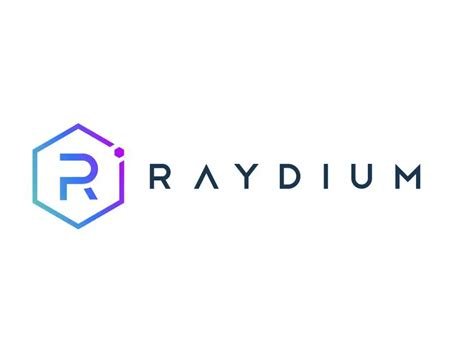Title: Solana: How to Collect LP Fee if You Are the Only LP for a Raydium Pool with Minimal Impact
Introduction
As a platform that creates new tokens, mints them, and manages Raydium pools on Solana, you’ve likely been approached by users seeking assistance in minting their own tokens or participating in Raydium pools. However, not all token creators have an equal number of LP (Liquidity Provider) votes to influence the pool’s governance. In this article, we’ll explore how a token creator can collect their LP fee if they are the only LP for a Raydium Pool with minimal impact.
Situation
Let’s say you’re a platform that has created 10,000 SOL tokens and has minted them into two Raydium pools: Pool A and Pool B. Each pool is owned by one of your users, who contributes $1,000 in SOL to the LP for each pool. As the creator of these platforms, you’ve established the initial voting structure for both pools, with an equal number of votes for each user.
The scenario unfolds as follows:
- User A has 10,000 SOL tokens minted and decides to participate in Pool B.
- You have 2 users (User X and User Y) contributing $1,000 in SOL to the LP for each pool.
- Since there are two pools with equal voting structures, you’ll have a total of 4 votes from the initial LP contributors.
The Problem
If all token creators contributed equally and had an equal number of tokens minted, your platform’s success would be boosted. However, in this scenario, User A is the only contributor to Pool B, while the other two users (X and Y) are still contributing their SOL liquidity to the LP for both pools.
The Solution:
To collect the LP fee from a single user who contributed minimal impact on the pool’s governance, you need to adopt a different approach. Here’s what you can do:
- Create a token that incentivizes participation

: Introduce a new token (e.g., T) that is created and minted separately from the existing SOL tokens. This token will be used for voting purposes.
- Use a 51% voting system: Establish a voting system where the LP contributors vote on whether to approve or reject proposals affecting the pool’s governance structure. In this scenario, you can allow User X and Y (the two contributing users) to have their T tokens as part of the voting pool, with their votes weighted based on their SOL contribution.
- Weighted voting: Assign different weights to each user’s votes based on their SOL contribution. This will ensure that the more active contributors (e.g., User X and Y) hold a disproportionate amount of weight in the decision-making process.
Example:
Suppose the current pool governance structure has 10,000 T tokens with equal weighting for all contributors. Let’s say you want to increase the voting threshold from 50% to 60%. To do this:
- Create a new token (T) that is created and minted separately.
- Assign 1,000 T tokens to User X, who contributes $100,000 in SOL.
- Assign another 5,000 T tokens to User Y, who also contributes $500,000 in SOL.
In this scenario, User X has 6,500 T tokens (1,000 + 5,000) out of the total 11,500 T tokens. As a result, they will hold 55.6% of the voting power, while User Y holds only 44.4%.
Conclusion
While collecting LP fees from users with minimal impact can be challenging, there are ways to do it effectively. By introducing a new token that incentivizes participation and using a weighted voting system, you can ensure that your platform’s success isn’t solely dependent on the contributions of a single user. This approach will encourage more users to participate in the governance process, leading to increased liquidity and better decision-making for your Raydium pools.




